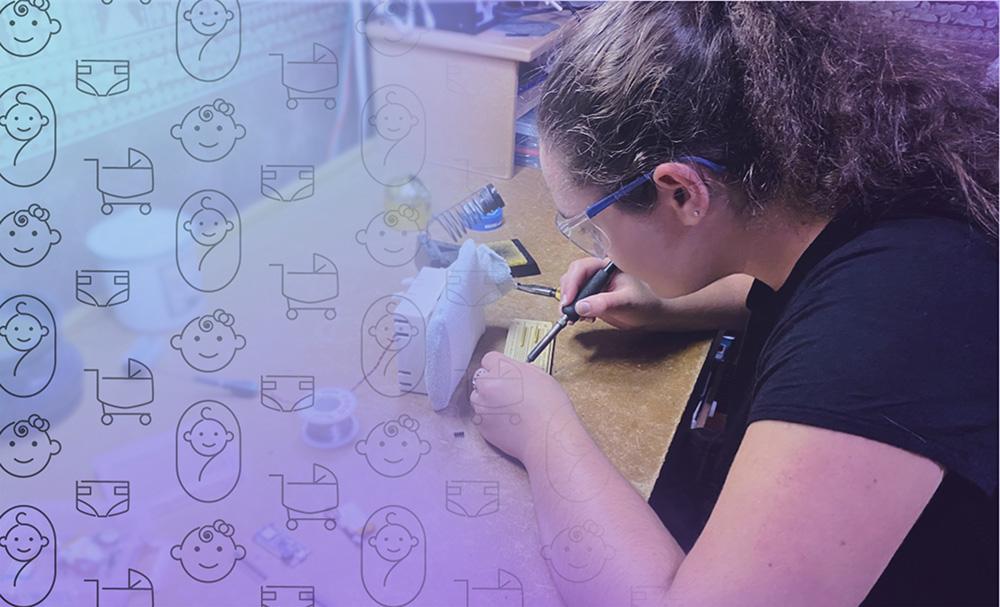
Boston University’s Biomedical Engineering Society is hosting their first year-long Design-A-Thon, a competition where students design projects to address inequalities in the healthcare system for underrepresented communities.
“The main overarching theme of the Design-A-Thon is diversity, equity and inclusion,” said Prinjali Kalyan BMES club president and a senior in the College of Engineering. “Students are tasked with coming up with a design that amplifies a sense of diversity, equity and inclusion in whatever way they see fitting.”
Kalyan said BMES started the event last year, but it was hosted as a single day, virtually, not as a year-long event.
“There are plenty of design competitions happening across campus, but we never saw one that was catered towards biomedical engineering,” Kalyan said.
This year, a prize of $1,000 goes to the winning team in each of the three categories — “Data Science, Precision, & Predictive Medicine,” “Molecular & Tissue Engineering, & Drug Delivery” and “Biosensors, Medical Devices, & Diagnostics” — and a $250 student choice award will go to one team that all teams in the competition voted on.
The competition is conducted in partnership with the university’s Bioengineering Technology & Entrepreneurship Center who will send representatives from biotech companies to be on the judging panel. The first phase of the competition, initial idea submission, ended on Oct. 21.
“I’m helping form the teams and then what we’re doing is each team gets a grad student mentor assigned to them, based on whatever their design is, whatever category that they’re doing,” Kaylan said.
Ronald Huang, a senior in ENG and first-year BMES member, submitted an idea with his team to the “Data Science, Precision, & Predictive Medicine” category of the Design-A-Thon.
“This idea that we want to do is essentially to apply machine learning algorithms to the medical field,” Huand said. “This is to basically see if we can detect certain things early on, to see if we’re able to find certain diseases before it’s too late.”
Now that their initial ideas are submitted, Kalyan said the competitors will meet with graduate student mentors and prototype their design next semester. Competitors will submit the final idea they intend to work on by the end of the semester.
Arya Padalkar, BMES public relations chair and a junior in ENG, said last year COVID-19 caused limited interactions between students at their events.
“Definitely this year because of all of the restrictions being lifted that we have been able to do more in-person events, more collaborative events,” Padalkar said. “People can come together in less restricted settings.”
Kaylan said COVID-19 also affected the Design-A-Thon last year.
“Last year…we did it virtually, and it was a one day event,” Kaylan said. “Whereas this year, it’s an entire year-long, and obviously it’s in person so students can actually build and prototype their designs.”
Kalyan said that one of the main goals of BMES are networking, experience, and “to create a community for biomedical engineering students.”
“We do career development workshops where we help students with their résumés,” Kaylan said. “We also have a bunch of other events where we help with networking, help them get internships, things like that.”
Huang said he thinks people join the club to see how they can use their degree after college.
“It’s really cool to see people in the same major coming together and trying to do competition or just trying to help each other out,” he said.











































































































